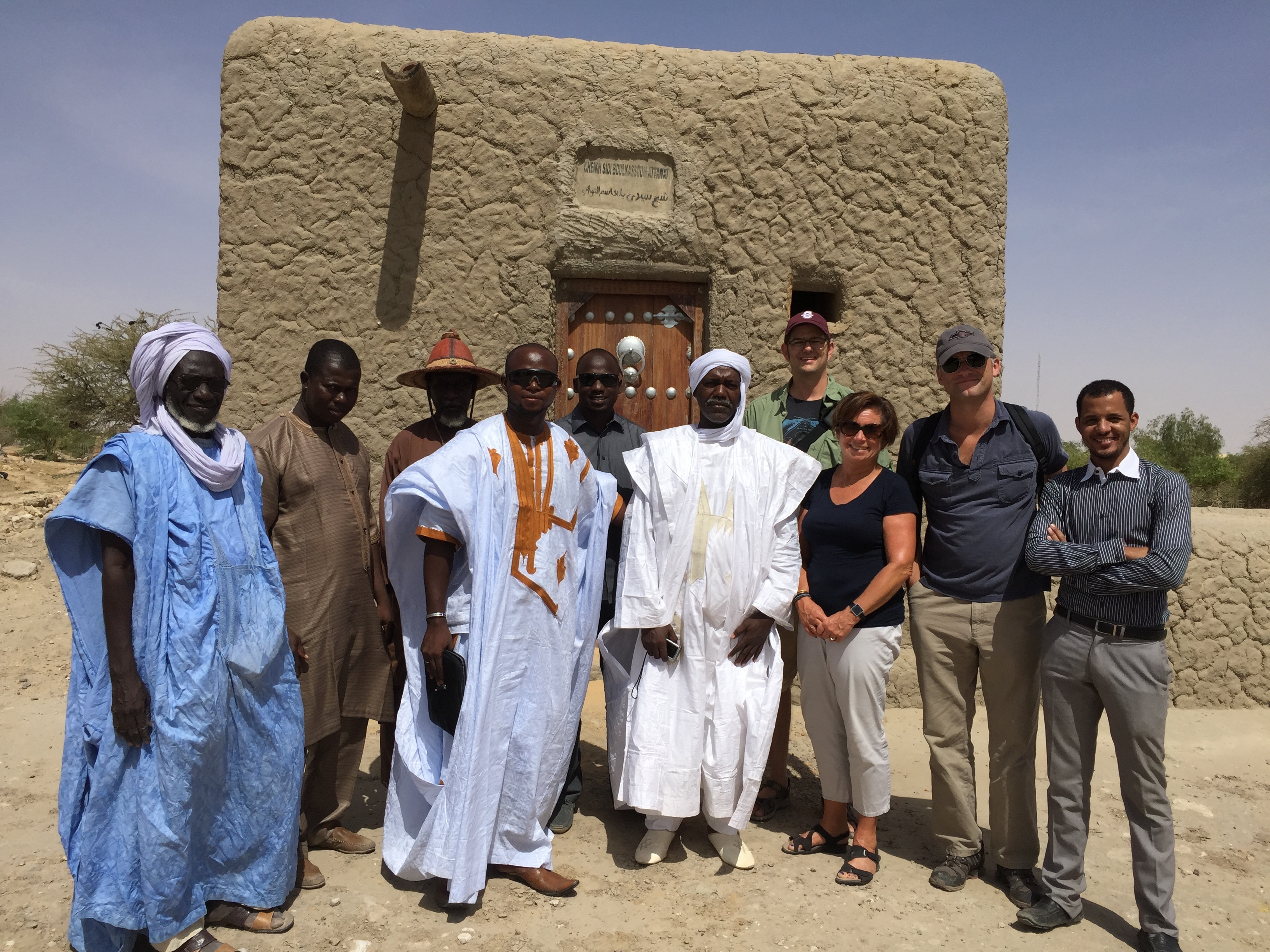
Scholar and former ambassador to the Netherlands Cynthia Schneider reports that the International Criminal Court (ICC) “has taken a critical step” in protecting the heritage and culture of Timbuktu, and for the first time is trying Ahmad al-Faqi-al-Mahdi (alleged member of extremist militia Ansar Dine) as a war criminal for allegedly damaging a mosque, shrines, and manuscripts in the historic West African city.
Mark Ellis, chief executive of International Bar Association, comments that “the destruction of cultural heritage is not a second-rate crime. It’s part of an atrocity to erase a people. I hope it will act as a deterrent to similar acts in other countries.”
Ms. Schneider explains the relevance of Timbuktu, “The extremists who invaded and occupied Timbuktu in 2012 fully understood the importance of culture—past and present—as the foundation of the fabled desert city’s identity, pride, and social cohesion. To subjugate the population and to impose their Wahabi-inspired nihilistic version of Islam, they destroyed historic buildings, torched precious manuscripts, and banned music—the lifeblood of Mali. Timbuktu may sound remote, even mythical, but the humanistic ideas and atmosphere of tolerance that flourished there have universal and timeless relevance. Even more immediately, Mali’s music, brought to the United States by slaves, seeded the blues and rock ’n’ roll.”
(The subject matter of extremism and Timbuktu is also explored in the 2014 Oscar nominated film “Timbuktu,” please see — Oscar Nominated Timbuktu Wows.)



